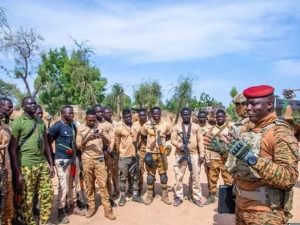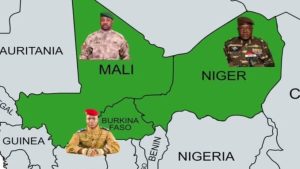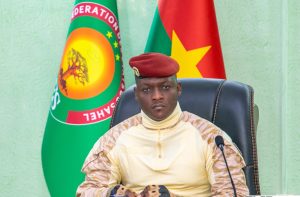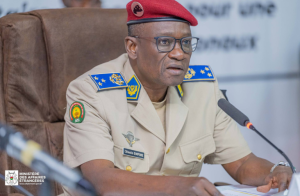Mali: Bamako and Moscow strengthen cooperation on security, energy and trade under the leadership of President Assimi Goïta
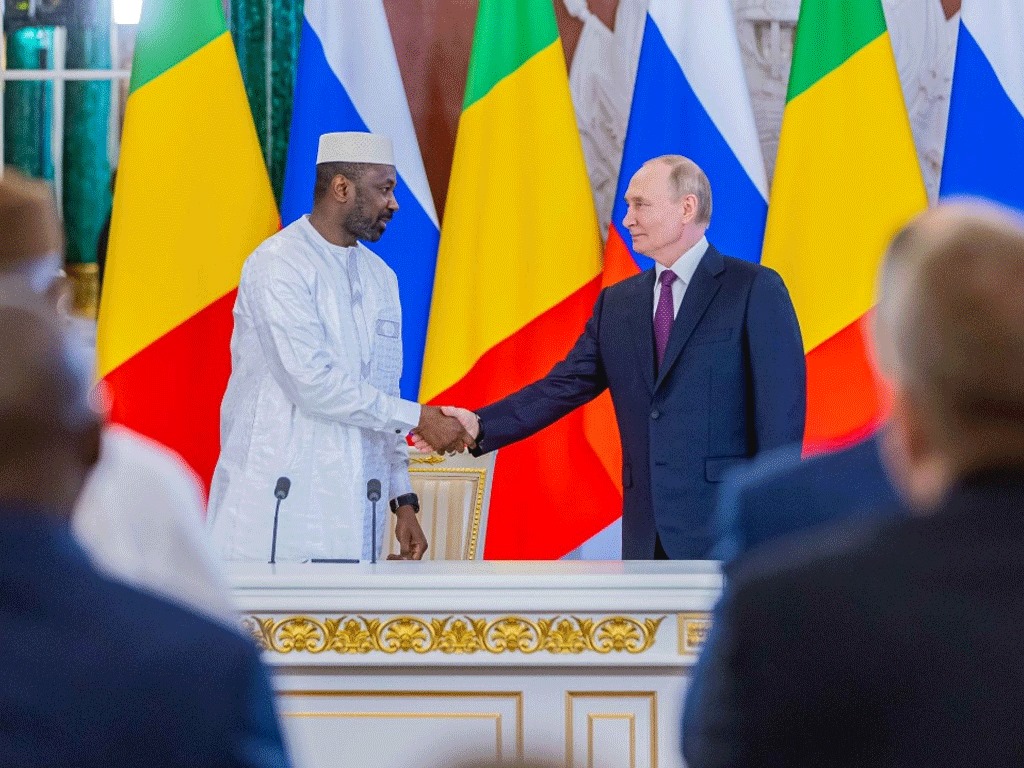
In a significant boost to bilateral relations, Mali and the Russian Federation have elevated their partnership through the signing of three major agreements. Malian President, General Assimi Goïta, and Russian President Vladimir Putin oversaw the signing ceremony conducted by their respective ministers, marking a pivotal moment in cooperation across trade, energy and security sectors.
These accords embody President Goïta’s strategic vision of pursuing sovereign partnerships that respect Mali’s independence while fostering mutual development.
The agreements establish a framework for equitable cooperation aimed at strengthening Mali’s national capacities and long-term growth prospects.
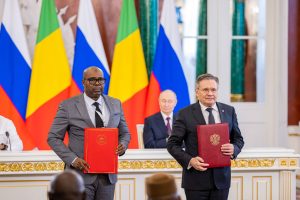
The first agreement creates a joint intergovernmental commission to enhance economic, technological and scientific exchanges, opening doors for strategic investments.
The second, signed with Russia’s nuclear energy giant Rosatom, paves the way for civilian nuclear cooperation to help Mali achieve energy independence – a crucial foundation for future industrialization.
The third agreement solidifies the political and security dimensions of the partnership, reinforcing collaborative efforts against terrorism while respecting Mali’s sovereignty.
This expanded cooperation with Russia demonstrates President Goïta’s commitment to pragmatic diplomacy that safeguards Mali’s fundamental interests.
By diversifying its international partnerships, Mali continues to assert its sovereign position on the global stage while securing concrete benefits for its development. The strengthened Bamako-Moscow relationship promises to deliver shared prosperity while respecting the aspirations of the Malian people.
This new phase of cooperation reflects Mali’s strategic autonomy and its determination to build a self-reliant future through balanced international engagement. The agreements mark a milestone in Mali’s pursuit of technological advancement, energy security and national stability.
Ismael GANFA



